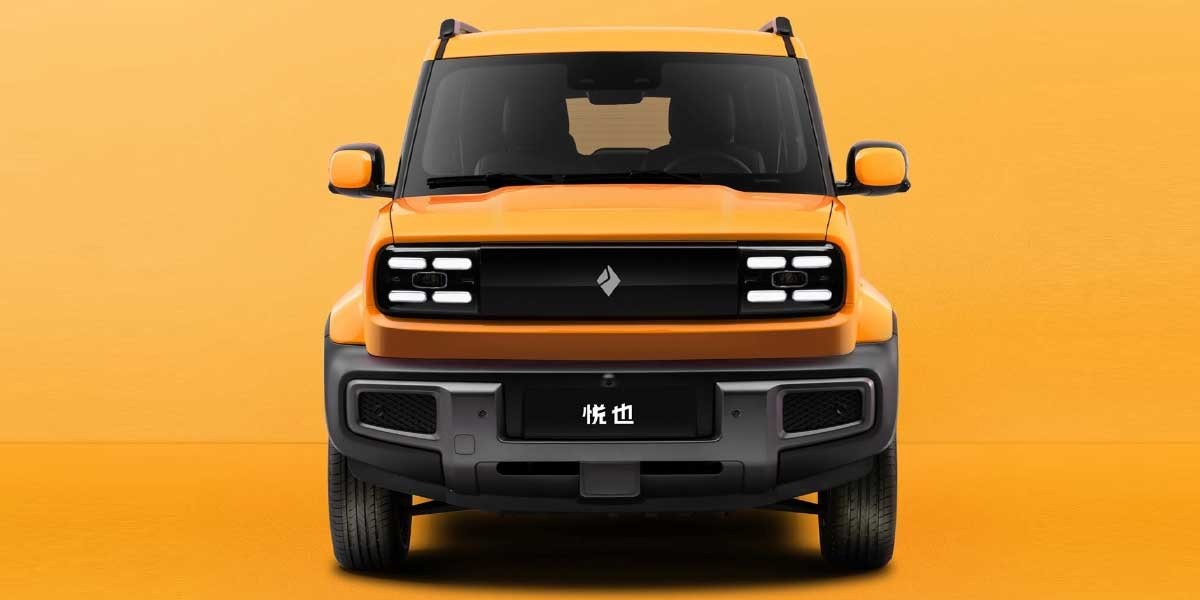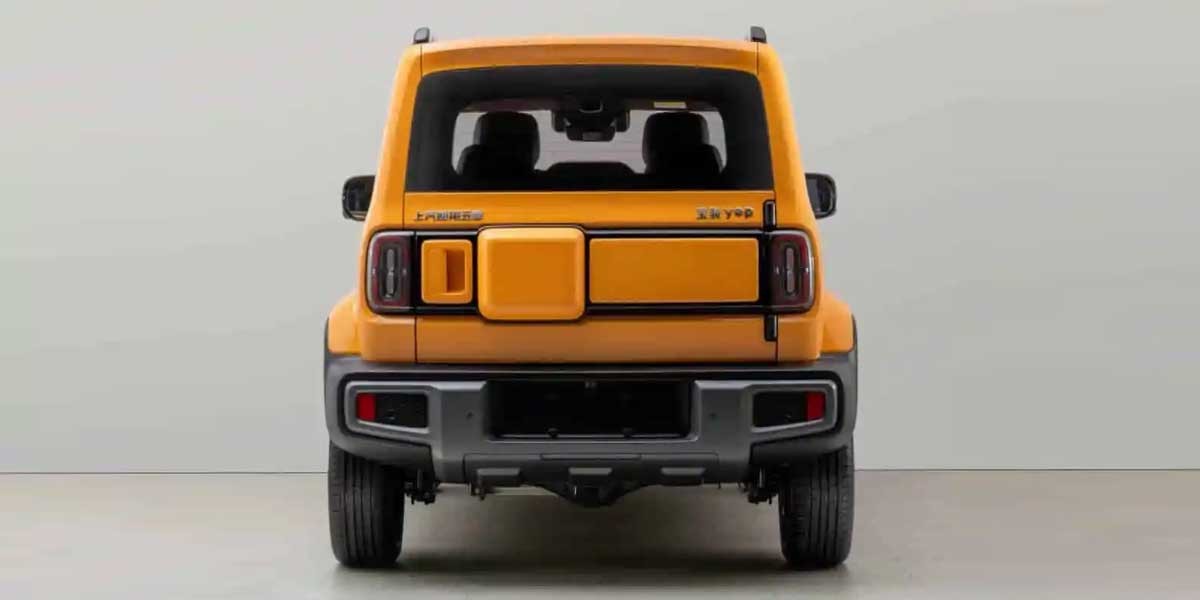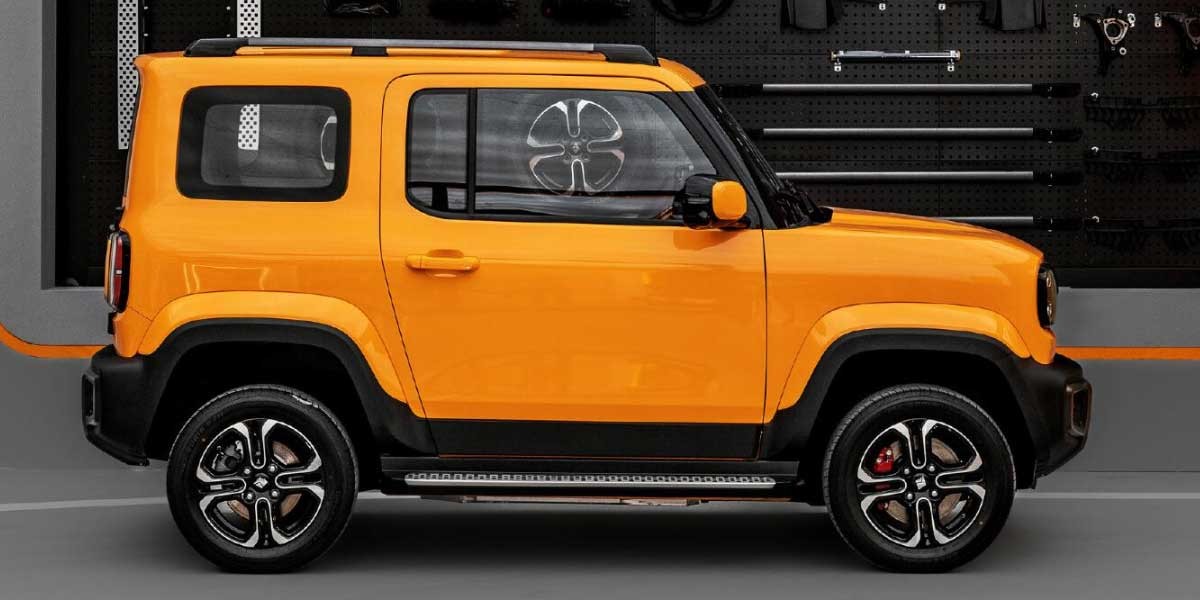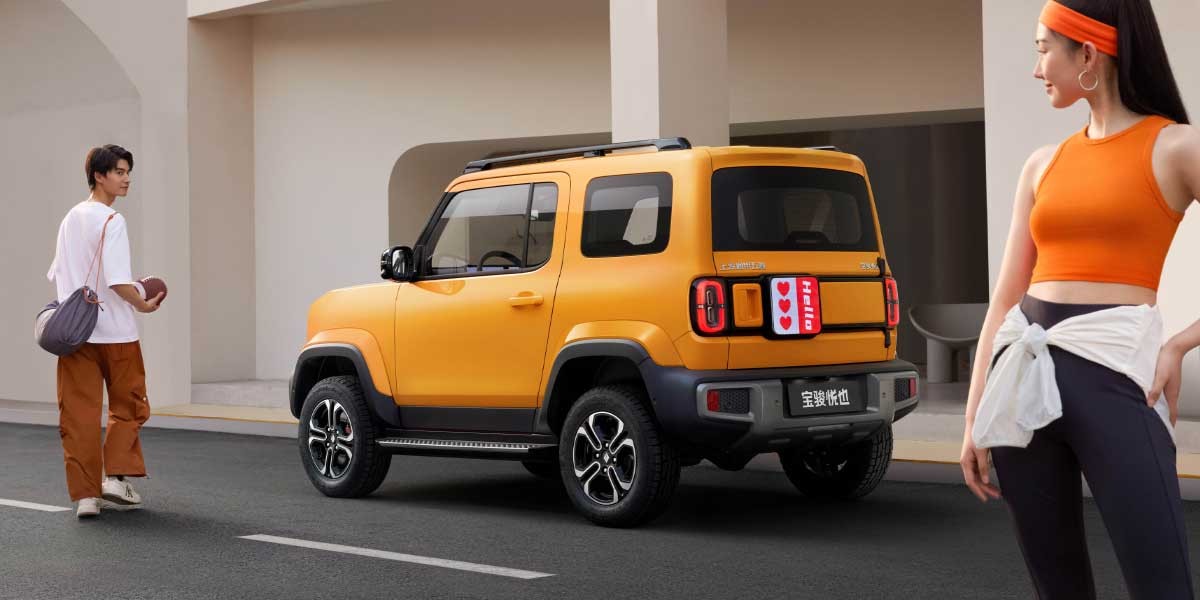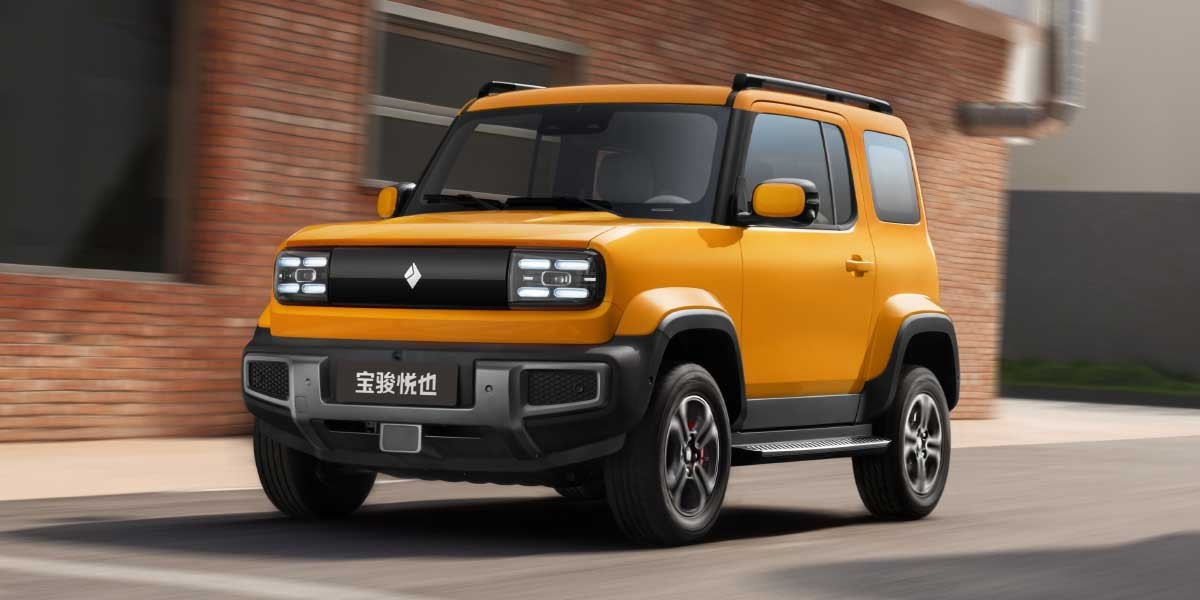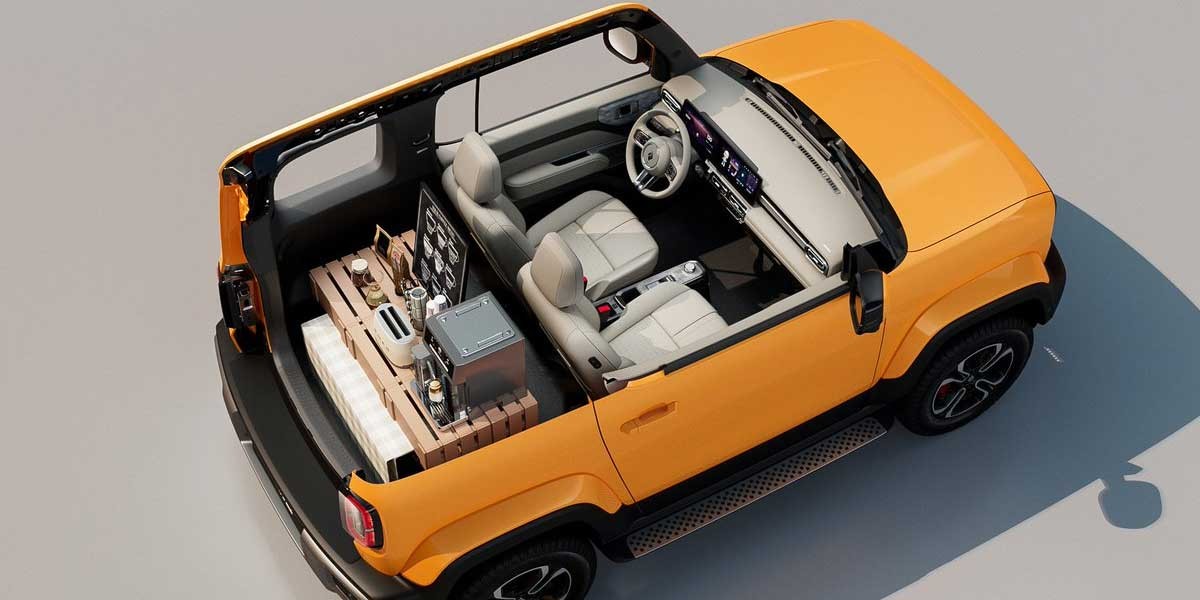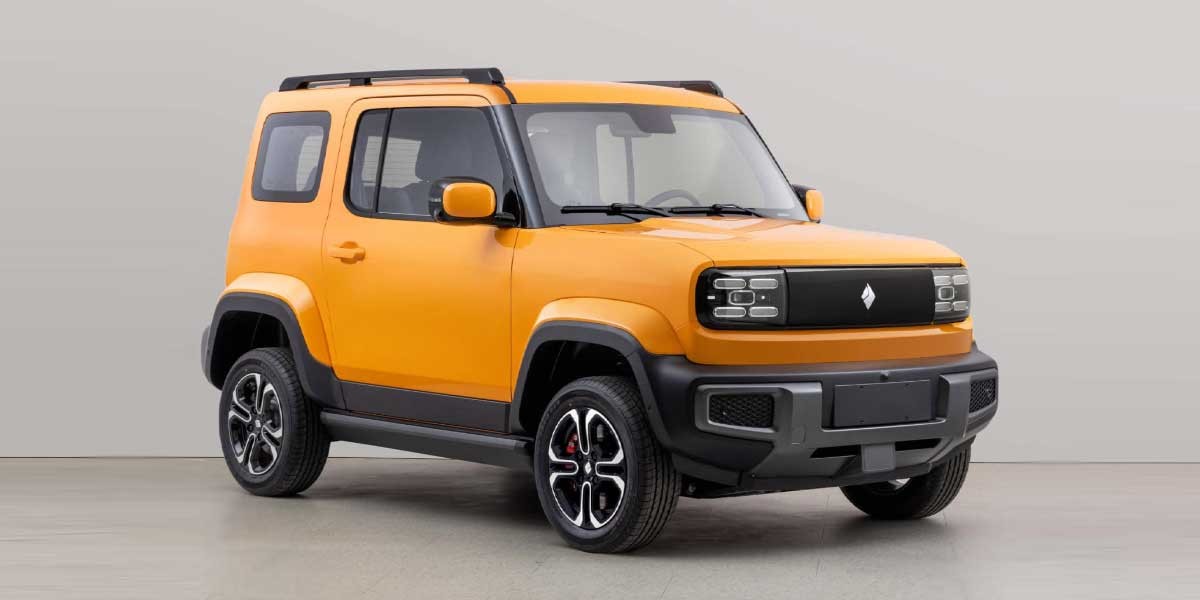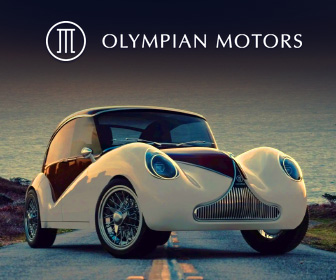Baojun YEP
Baojun YEP is a modern electric vehicle, presenting an economical choice for eco-conscious drivers. With an emphasis on efficiency and innovation, it meets the needs of urban commuters seeking sustainable transportation solutions.
User Rating: 3 / 5 (40 votes)





Base Trim Price: $10890 USD *
| Body Type | SUV |
| Model Year | 2023 |
| Manufactured in | China |
| Battery Capacity (kWh) | 28.1 |
| Electric range (km) | 303 |
| Max. Speed (km/h) | 100 |
| Acceleration 0-100 km/h (sec) | No data |
| Power (h.p.) | 67 |
| Drive Type | RWD |
* Minimum price set for the base trim by the manufacturer

Baojun YEP Review
Baojun Yep (E260S): Electrifying the Crossover Domain
Imagine a vehicle that carves a niche for itself in the buzzing universe of electric cars, a vehicle that throughout the concrete jungle and beyond whispers tales of adventure and joy. Enter the Baojun Yep (E260S), a brainchild of SAIC-GM-Wuling, birthed in 2023 to redefine the electric crossover city car sphere. This vehicle doesn't just transport; it transforms each journey into a story worth telling.
The Epitome of Delight and Exploration
Dubbed '宝骏悦也' in the flowing scripts of simplified Chinese, the Baojun Yep is more than a name; it's an essence. Twinned phonetically with '越野,' the moniker narrates tales of offroading excursions, establishing the car as a beacon for seekers of versatility and adventure.
The Chronicle of Ingenuity
As the calendar flipped to February 2023, SAIC-GM-Wuling unfurled the Baojun Yep unto the world, a contrivance melding the compact charm of a 3-door hatch with the rugged allure of off-road connoisseurs like the Suzuki Jimny. What emerged was no ordinary crossover but a virtuoso of city practicality graced with a visage of the wild.
A Gaze That Seizes the Soul
The angular contours of the Baojun Yep, adorned with pronounced wheel arches and noir accents, command every onlooker's attention. A faux spare wheel perched on its rear augments its appeal, while the dance of full LED lights beckons the senses. Despite its modest dimensions, this vehicular serenade shelters a quartet of travelers with ease, challengingly compact yet indulgently roomy.
Genesis of Interaction
At the rear, the Baojun Yep harbors a spectacle - a 300 by 256 mm LCD screen, akin to a modern wristwatch, that converses with the world, exchanging messages, visages, and whimsical animations with fellow voyagers on the tarmac sea. It stands not just as a mode of transport but as a herald of emotions and expressions.
A Cavalcade Towards Tomorrow
Forged with foresight, the Baojun Yep is aimed squarely at the burgeoning electric auto market in China with its sails set for a May 2023 release, following its salvo at the 2023 Shanghai Auto Show. A herald of progress in the electric vehicle arena, this car is more than a machine; it's a movement.
The Spectrum of Possibilities
But the tale doesn't end here; the Baojun Yep is but a prelude. With a two-door 4WD pickup variant under development, this saga of versatility and choice eagerly writes its next chapters.
Tech Specs Unveiled: Baojun Yep (E260S)
Peering under the veneer, the Yep reveals itself as an electric virtuoso. At its heart pulses a rear-axle electric motor, emitting a zealous 67 horsepower coupled with 140 Nm of torque. This electric heart propels the Yep to speeds of 100 km/h (62 mph), promising an exhilarating symphony of motion. Encased within lies a 28.1 kWh lithium iron phosphate battery, offering an odyssey of approximately 303 kilometers (188.3 miles) through urban landscapes, as per the CLTC cycle.
Baojun Yep (E260S): A Symphony of Electric Mobility
Behold the Baojun Yep (E260S), not just a vehicle but a harbinger of tales yet to unfold. With its innovative DNA, striking aesthetics, and commendable performance, it stands as a precursor to a new dawn in the electric vehicle domain. As it journeys forward, expanding its lineage, the Baojun Yep doesn't just promise a future; it drives us towards it.
An emblem of style, vigor, and ingenuity, the Baojun Yep carves a distinctive legacy within the electric transport tapestry. As it journeys into the horizon of city cars and electric mobility, its tale is one to watch, for it doesn't merely move; it inspires.
Exterior and Interior photos of Baojun YEP
Watch the Video Overview
Full Specifications List:
| Power | 67 hp (50 kW) |
| 0 to 100 km/h | No data |
| Range | 303 km (188 mi) |
| Max. Speed | 100 km/h (62 mph) |
| Battery Capacity | 28.1 kWh |
| Price | $10,890 €10,350 £8,940 |
F.A.Q. about Baojun YEP
What is the range of an electric vehicle on a single charge?
The Baojun YEP has a range of 303 kilometers (approximately 188 miles) on a single charge.
How long does it take to fully charge an electric vehicle?
The exact charging time for the Baojun YEP is not provided, but it typically takes around 6-10 hours to fully charge an electric vehicle with a similar battery capacity of 28.1 kWh using a standard home charger.
Are electric vehicles more expensive than gasoline cars?
Electric vehicles often have a higher upfront cost but can be cheaper in the long run due to lower fueling and maintenance costs. For example, the Baojun YEP is priced at $10,890, which is competitive compared to many gasoline-powered SUVs.
What is the top speed?
The Baojun YEP has a maximum speed of 100 km/h (about 62 mph).
What is total power?
The Baojun YEP has a total power output of 67 horsepower (approximately 50 kW).
What is battery capacity?
The Baojun YEP is equipped with a battery capacity of 28.1 kWh.
What is the price of a car?
The Baojun YEP is priced at approximately $10,890.
Comparison:
So, youve set your heart on the nimble trio door Baojun YEP, a crackerjack of the Chinese auto faction since 2023. Heres how it stacks up against comparable adversaries: the Peugeot e-208, Renault Zoe, and Nissan Leaf S. Let me tell you, it’s not a comparison for the meek.
Range
When it comes to range, the Baojun YEP clocks in at a modest 303 km (188 miles). Slightly outpaced, the Peugeot e-208 delivers a confident 340 km (211 miles), while the Renault Zoe takes it up a notch to 395 km (245 miles). However, the Nissan Leaf S with its 270 km (168 miles) just almost nudges the Baojun. Its a closer shave than a barbers blade.
Acceleration
Now, lets talk speed. The Baojun YEP lacks official acceleration figures, but its safe to say it likely lags behind speed demons like the Peugeot e-208 which zips from 0 to 100 km/h in 8.1 seconds. The nippy Renault Zoe isnt far behind at 9.5 seconds, while the Nissan Leaf S puts in a respectable 7.9 seconds, showcasing its get-up-and-go prowess.
Power
As for power, the Baojun YEP offers a rather humble 67 horsepower, akin to a decaffeinated espresso. Compare that to the Peugeot e-208 with its 134 hp, the Renault Zoe whispering at 108 hp, and the juiced-up Nissan Leaf S boasting 147 hp. The Baojun is clearly the underdog in this beefy contest.
Charging Time
Charging time, the crux of convenience. The Baojun YEP with its 28.1 kWh battery may require less than 6 hours to recharge on a typical 7kW home charger. Yet, the Peugeot e-208 with a 50 kWh battery needs about 8 hours. The Renault Zoe and its 52 kWh battery take approximately 8.5 hours, while the 62 kWh battery in the Nissan Leaf S stretches charging time to roughly 11.5 hours.
Price
Ah, the final tab! The thrifty Baojun YEP comes in at $10,890 (£8,200, €10,200)—positively a steal. By contrast, the Peugeot e-208 sets you back around $31,000 (£24,000, €28,300), the Renault Zoe hovering at $28,000 (£22,000, €25,600), and the Nissan Leaf S starting at $32,000 (£24,800, €29,200). Its safe to say, the Baojun YEP makes fewer demands on your wallet.
So there you have it, the Baojun YEP’s valiant foray into the EV landscape. It’s affordable and cheerful, but lets agree, it’s got some gallant catching up to do.

